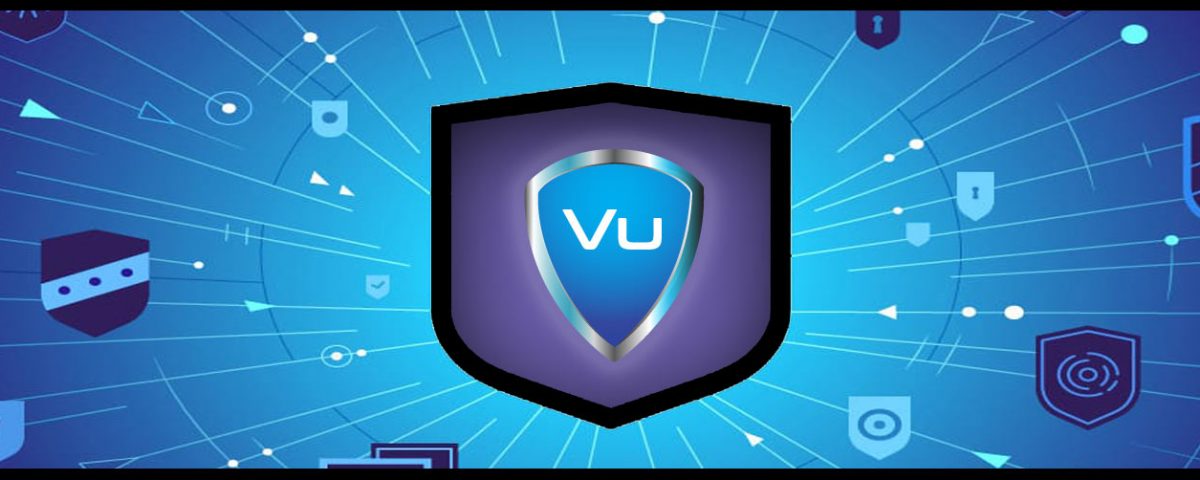The internet was built on the idea of open access — a global network connecting people and information without boundaries. Yet in many parts of the world, governments, organizations, and even corporations impose restrictions on what you can read, watch, or say online. From blocked social media sites to filtered news sources, censorship is becoming more common than ever. That’s why VPNs (Virtual Private Networks) have become vital tools for preserving freedom of information and digital independence.
Understanding Online Censorship
Online censorship takes many forms. Some governments block access to international news sites or social platforms. Others filter search results or shut down websites that express political opinions. Even in free societies, content restrictions can occur due to licensing laws, school or workplace policies, or corporate censorship.
These restrictions don’t just limit entertainment—they limit education, awareness, and personal freedom. Whether you’re a journalist trying to access international media or a student researching global perspectives, censorship stands in the way of progress.
How VPNs Break Through Barriers
A VPN bypasses censorship by routing your internet traffic through a secure, encrypted tunnel to a server in another location. This means that local filters or firewalls can’t see what websites you’re visiting. Instead, they only see that you’re connected to a VPN server.
For example, if certain social media platforms are blocked in your country, connecting to a VPN server in another region instantly restores access. You appear to be browsing from that new country, bypassing the restrictions placed on your local network.
Encryption Keeps You Safe
Beyond unblocking websites, VPNs also protect your identity and activity from surveillance. Many governments monitor citizens’ online behavior, recording visited websites or even specific search terms. A VPN encrypts all that data, making it unreadable to anyone watching.
This not only keeps you anonymous but also helps protect against repercussions for expressing opinions or accessing restricted information.
Freedom for Travelers and Expats
Travelers often face internet restrictions when visiting certain countries. Common platforms like WhatsApp, YouTube, or Facebook may be inaccessible. A VPN allows travelers to maintain access to familiar services by connecting to a home-country server.
For expatriates or business travelers, VPNs are especially useful for accessing online banking, company emails, and streaming platforms that would otherwise be blocked.
Protecting Journalists and Activists
VPNs play a critical role in protecting freedom of speech. Journalists, activists, and researchers working in restrictive environments rely on VPNs to communicate securely and access uncensored information. By hiding their IP addresses and encrypting communications, they can protect sources and avoid detection by surveillance systems.
Business and Education Benefits
It’s not just individuals who benefit from unrestricted access. Businesses that operate internationally often need to connect with partners or servers in restricted regions. A VPN ensures that teams can work across borders without worrying about blocked tools or websites.
Similarly, students and researchers use VPNs to access academic databases, research papers, and learning platforms that might otherwise be unavailable in their country.
Are VPNs Legal Everywhere?
While VPNs are legal in most countries, some heavily censored regions impose restrictions or licensing requirements for VPN providers. Users should always check local laws before connecting. However, in the vast majority of the world, VPNs are recognized as legitimate privacy tools and are perfectly legal for personal use.
Responsible and Ethical Use
VPNs promote digital freedom, but they should be used responsibly. They are designed to protect privacy and allow access to information—not to engage in illegal activity. Ethical VPN usage means defending your right to privacy while respecting laws and intellectual property.
The Symbol of a Free Internet
VPNs have become symbols of a free and open internet. They empower users to bypass artificial barriers, access unbiased information, and communicate without fear. In a time when digital restrictions are increasing, VPNs act as a reminder that technology can still serve freedom rather than control.
Final Thoughts
Censorship limits not just websites, but the human spirit of curiosity and expression. A VPN restores that freedom by giving you back control over your online experience. Whether you’re accessing restricted news, protecting your identity, or simply browsing without interference, a VPN ensures that your connection to the internet remains truly free. Freedom online is worth protecting—and with a VPN, it’s within your reach.









